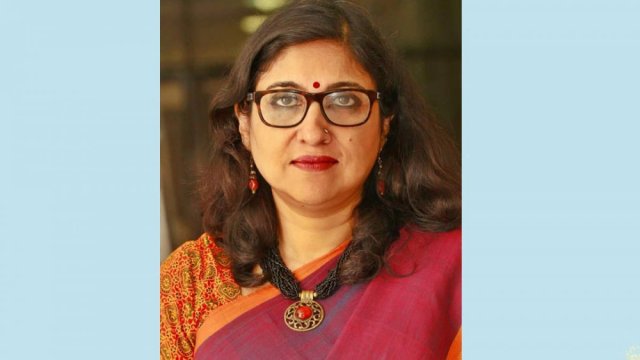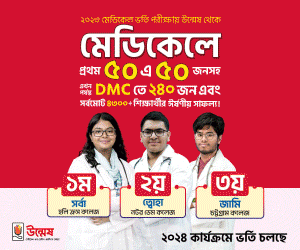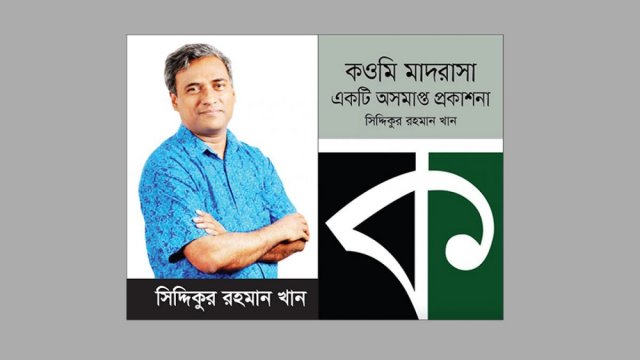While the participation of women in the workforce has increased, Dr Sadeka Halim, the Vice-Chancellor of Jagannath University (JU), stated that this has not necessarily translated into women's empowerment or an increase in social respect.
To maintain the momentum of development in the country, she emphasised the need for giving more importance to women's participation and empowerment in decision-making.
In an interview to UNB ahead of International Women's Day being celebrated on Friday, Sadeka said, "With the economic and social changes, the space for women to speak in politics needs to be created. Women should be included in decision-making in various fields to ensure their participation."
Discussing gender issues, she stated, "My primary identity is as a human being before being identified as a woman. The distinctions created between men and women, demeaning women, considering them weaker physically and mentally, and relegating women to inferior status are entirely baseless."
She commented on the evaluation of women in patriarchal societies, saying, "A social perspective has been created where women are seen as second-class citizens. Although the constitution of Bangladesh grants equal rights to men and women, it is challenging to find any country where women are considered equal to men in all aspects."
She added, "In every sphere of society, women play a role in politics, whether in the family, society, state, institutions, educational institutions, or even religiously. No religion can be found on earth where women are granted equal rights in every field."
Highlighting the role of women in decision-making, she said, "Even decisions about giving birth to a child are influenced by politics. We determine the rights of the child after birth based on religion. The rights of the father and mother, in our civil law, in Sharia law, are mostly centered on men. Men always dominate in the control of this society."
Referring to the situation of women in the region, the JnU VC mentioned, "The empowerment of women in the Indian subcontinent has not yet happened. In the undivided Indian subcontinent, women had gained the right to vote even before the women of Europe. History shows that women have participated in wars, become queens, and collected taxes. In modern states, with the expansion of capitalism, the boundaries of women's working areas have increased, but women are seen as commodities. We haven't seen their work as actual work."
She further stated, "Even if a woman works, we question what her husband does. If she earns more than her husband, it creates a sense of inferiority in men. The patriarchal mindset prevails. Men control the narrative in this society."
Describing the situation of ordinary women in society, she said, "Although many women are economically empowered, working in the garment sector, shrimp farming, or the textile industry, it is much more than in India or Pakistan. But has the social respect for women increased? This is a very complex issue."
She added, "Women who are victims of extreme poverty do not think about anything else. They know they have to work, overcome hunger, and provide food for their children. Ordinary women are hardworking, facing social criticism without accepting the challenge. However, in the process of decision-making, they are excluded."
Addressing the issue of women's social safety, she said, "We have not been able to ensure women's safe mobility. Even in Bangladesh or abroad, we see that women are not safe, often falling victim to harassment through close relatives."
Sadeka expressed optimism about the progress of women in the society's transformation, stating, "For a long time in our country, women have been becoming prime ministers, speakers, opposition party leaders, and in the current cabinet, a significant portion consists of women ministers and state ministers. This is a positive development."
“From a numerical perspective, women's participation has increased significantly, but how much has changed in terms of qualitative aspects such as women's empowerment and social respect is a major concern. When women come forward to make decisions, take leadership roles that are when society will truly change."source: unb








